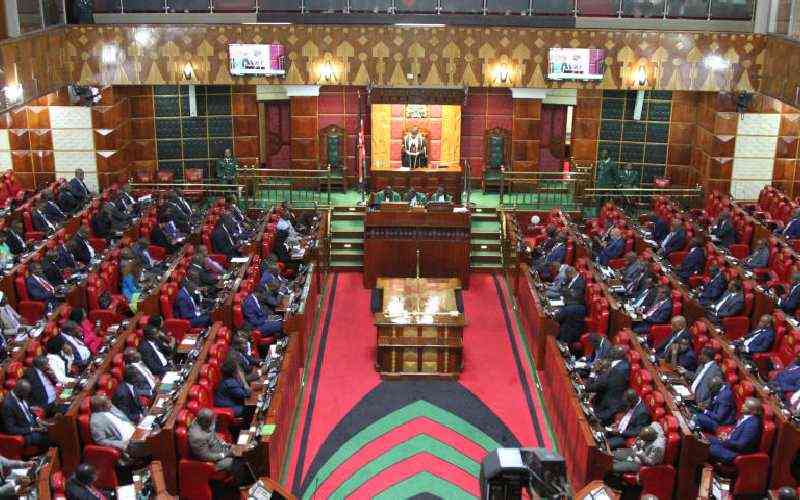×
The Standard e-Paper
Join Thousands Daily

The scenes that followed the ruling by National Assembly Speaker Moses Wetang'ula on the Majority side were unfortunate. Leaders allied to President William Ruto's Kenya Kwanza side celebrated the verdict while MPs allied to Azimio One Kenya cried foul.
So unruly was the situation that the Speaker was forced to prematurely adjourn Thursday's sitting.